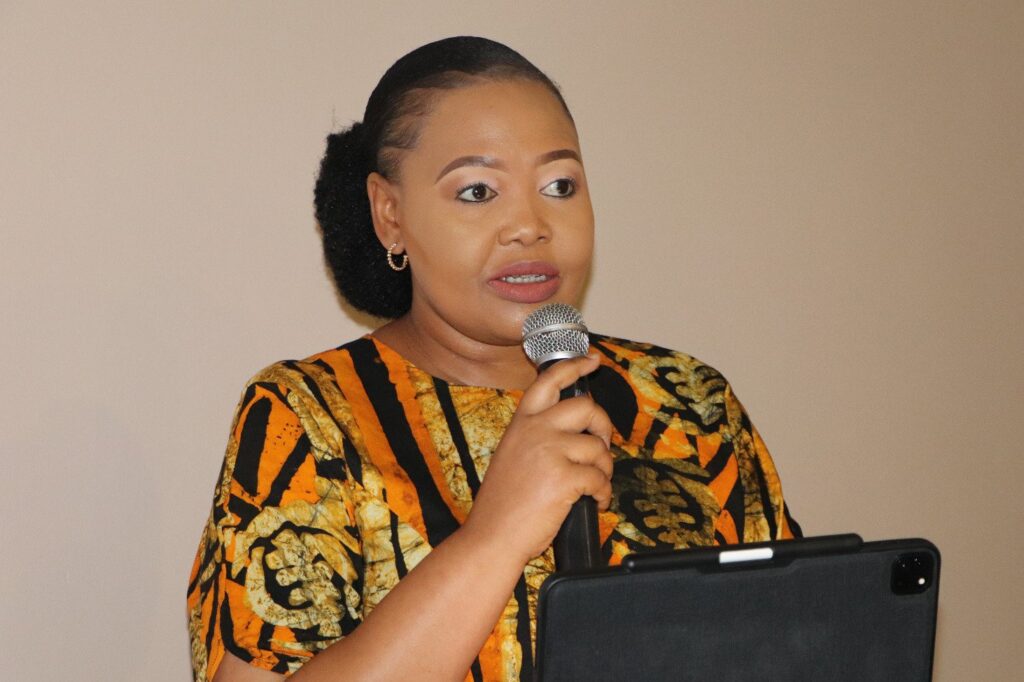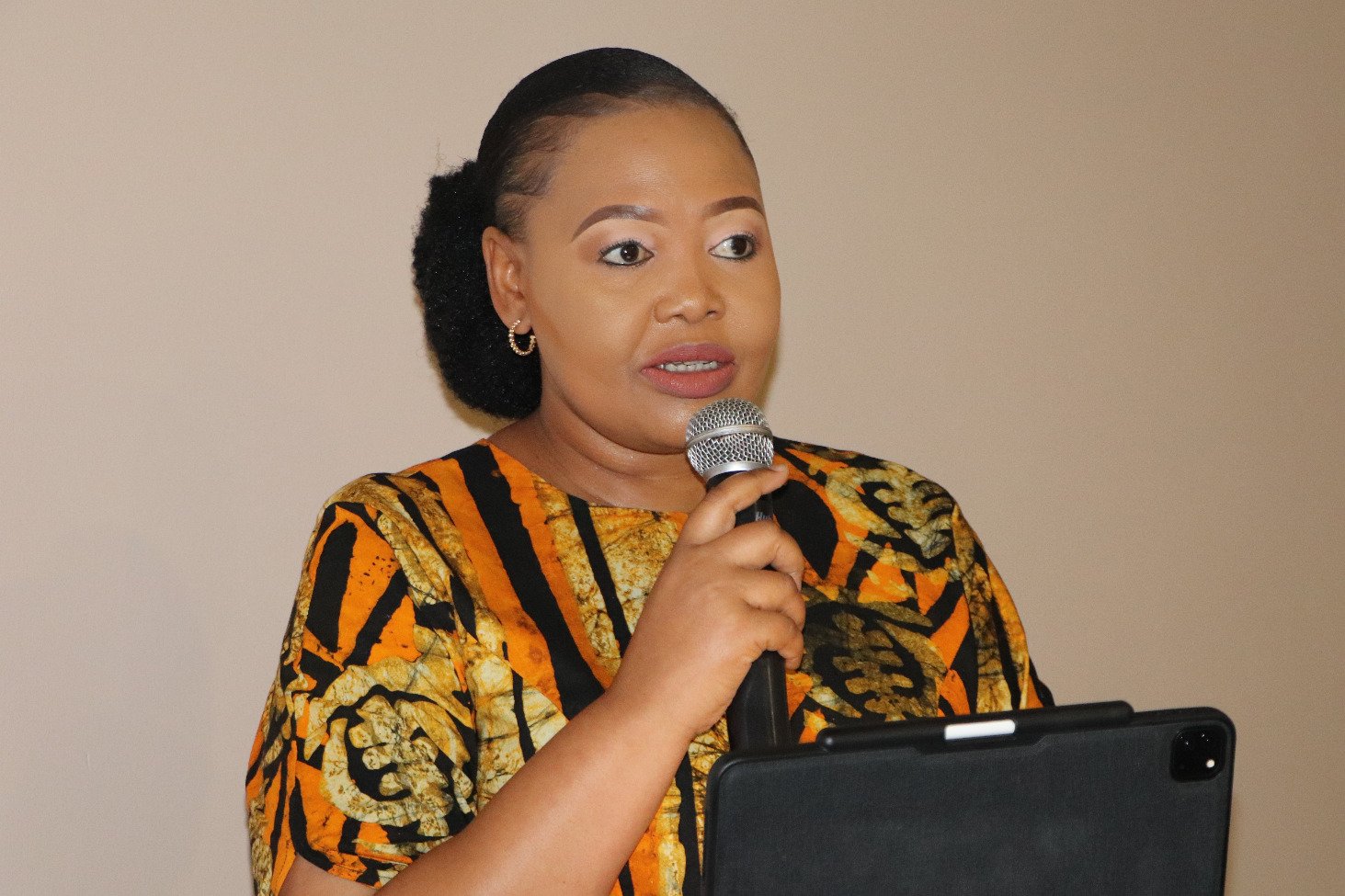
By Bahle Gama
As the world celebrated International Women’s Day on March 8, many voices called for the inclusion of females in key decision-making structures.
One key industry that has been singled out is the Information Communication and Technology (ICT) sector which is still dominated by men.
During a commemoration event at Happy Valley Hotel, the acting Prime Minister Pholile Shakantu called for the leveraging of the ICT sector to empower women.
Shakantu stated that over and above the other ongoing interventions, the government needs to figure out how best to use innovation and technology to improve gender equality.
Empower Women
“This is not just to give women a seat around the table and to improve global rankings, but the purpose should be to truly empower women to participate meaningfully in all key sectors and to have a voice in decision-making,” the acting PM said.
Shakantu stated that diversity in the private sector, public sector, business, and politics is important because it boosts the quality of decision-making.
In the acting PM’s view, this is evidenced by the economic and developmental gains of all countries that have invested in the inclusion of women in all the integral spheres of development.
Read More: International Women’s Day: Jabu controls multibillion-dollar purse
She observed that digital technologies have created new spaces for interaction and enabled new ways to connect, share experiences, work and build communities.
These technologies, according to Shakantu, have continued to be influential and have the potential of enhancing growth, address inequalities, and expand opportunities for the realisation of women’s rights globally.
Gender Equality
“Indeed, access to the internet and digital devices has become central to the empowerment of women and girls, and in enabling them to realize and enjoy their rights. The digital gender divide in access to the internet in our societies limits the potential of the internet and ICT to contribute to achieving gender equality, women’s rights, and digital rights for women and girls,” said Shakantu.
The acting PM went on to mention that there is enough evidence to illustrate that empowering women and girls through the provision of meaningful access to the internet and digital technologies could undoubtedly provide them with opportunities to start businesses.
She added: “Meaningful access to the internet can enable them to easily acquire education, health, social and financial services.
“It is also a powerful tool that can enable women and girls to participate in governance, to associate, assemble and express themselves on issues that are dear to them,” she said.
Support
In addition, Shakantu said there is a need to increase women’s representation in leadership and decision-making roles within the ICT sector.
The acting PM emphasized that the government will continue to support women and girls in ICT, through gender-sensitive laws and policy frameworks.
Read More: Minister launches Women Corrections Network
“This will be done by providing scholarships for young women and girls in ICT and adopting e-commerce platforms to bring women entrepreneurs and retailers new business opportunities to enable them to enter traditionally male-dominated sectors,” she said. Shakantu said this will provide them with the flexibility to balance domestic care work responsibilities and paid work.”
Initiatives undertaken by the government to close the gender gap in Eswatini:
• The Adoption of the National Gender Policy 2023 underscores the promotion of women and girls in STEAM – Science Technology Engineering Arts and Mathematics as well as empowering and investing in digital infrastructure for women (RSTP – Royal Science and Technology Park).
• Adoption of the Micro Small and Medium Enterprise (MSME) Policy 2020, with a focus on the promotion of digitalization among MSME entrepreneurs.
• Enactment of the Computer Crime and Cyber Crime Act 2022, criminalizing online violence such as child pornography, cyberbullying, and human trafficking.
• Enactment of the Sexual Offences and Domestic Violence Act 2018, criminalizing making and distributing pornography (including child pornography)
• Adoption of the Education and Training Sector Policy 2018, which underscores the promotion and provision of a conducive environment for women and girls’ education in STEAM.
• Launch of the “50 million African Women Speak “digital Platform, to enable women in business to easily reach markets outside of Eswatini – especially in the COMESA region






